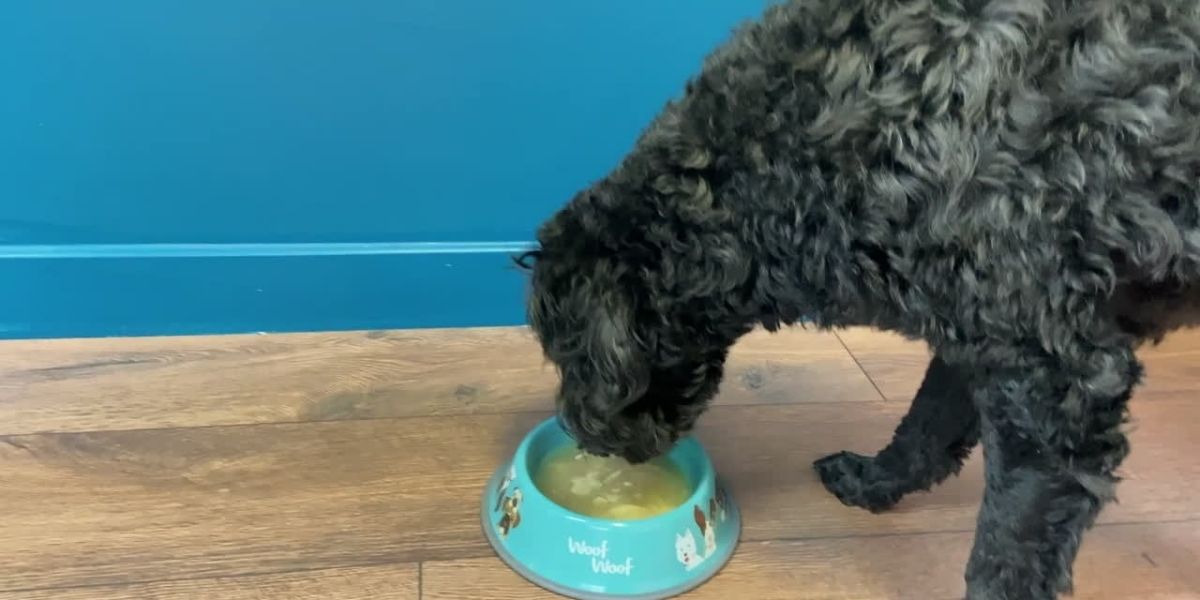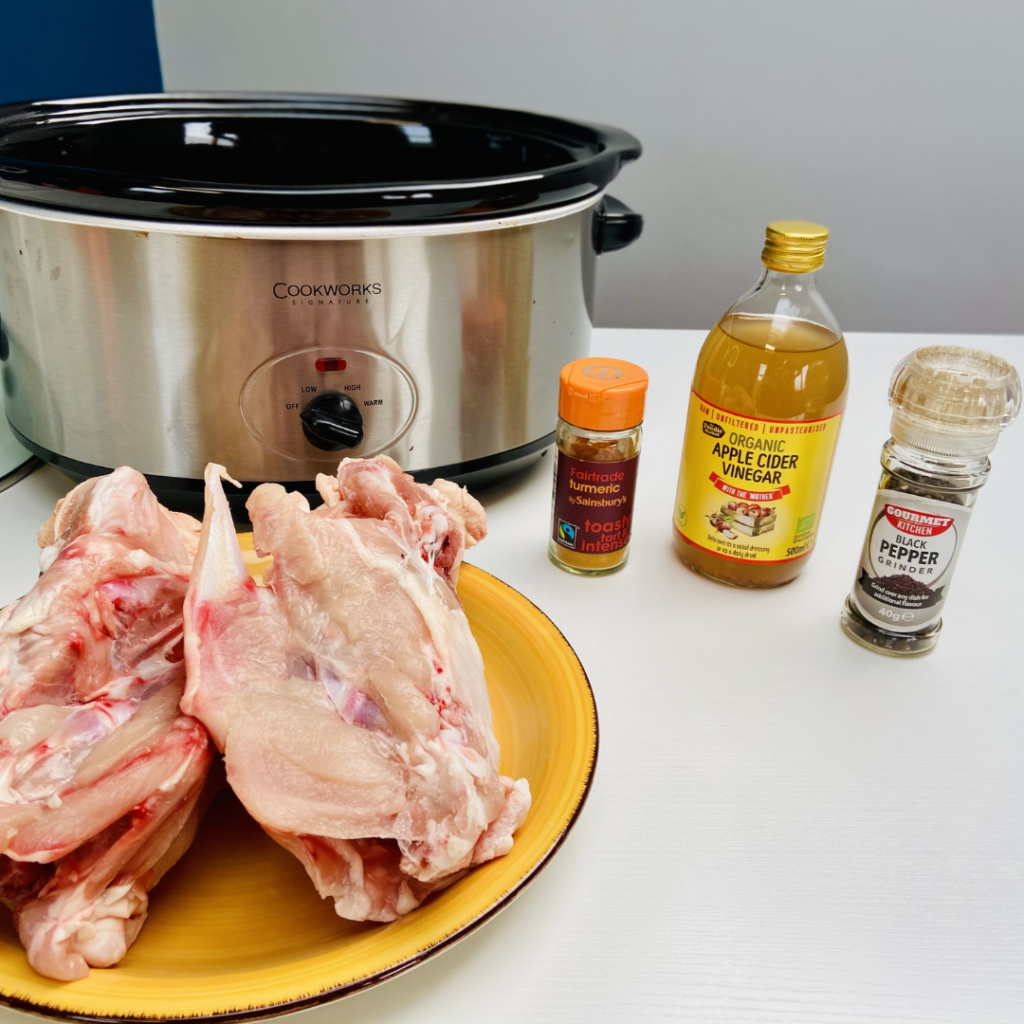
Many years ago when I first ventured into the world of feeding a natural wholefood diet to my dog I was lucky enough to attend a homoeopathic vet conference. It was there that I really began to understand the importance food plays in our overall health. In fact, one of these amazing vets suggested that in approx. In 95% of cases that presented to him, the diet was the root cause of the health issue.
So why might that be? As I’ve grown in experience and also searched for more information on the subject I discovered the microbiome.
If you’ve ever seen one of those Actimel or Yakult ads, you’ll have heard about the importance of good bacteria for a happy human gut. The thing is, dogs need good bacteria, too. More specifically, they need a healthy microbiome.
Just like us, our pets’ bodies are home to colonies of bacteria. While they predominantly dwell in the gut,
you’ll find them pretty much everywhere – the skin, the eyes, the respiratory system, and so on. This incredible network of bacteria is known as the microbiome.
Within your pet’s microbiome, you’ll find a diverse mix of microorganisms. Some are known as ‘good bacteria’: they co-exist with your pet quite happily and help fortify the immune system. Others are opportunistic and capable of causing various health issues.
Good microbiomes vs Poor microbiomes
Given that around 70% of the immune system resides in the gut, this good bacteria barrier is critical to your pet’s health. It works to stop toxins, pathogens, and inappropriate food particles from entering the bloodstream – and when it’s in good nick, it does a great job.
A damaged microbiome however leads to a debilitated digestive system that cannot effectively absorb critical nutrients, leaving your pet’s body malnourished. From here, a number of issues can arise – itchy skin, digestive problems, and food intolerances (to name a few) – with the potential to cause a long-term impact on health.
Food, supplements, pre and probiotics all play their part in creating a healthy microbiome. As pet parents, we are faced with literally hundreds of pet food options and the decision about which food to feed, is made, based on many personal factors. However, regardless of what you feed, there are a number of ways to add whole food goodness to your dog’s bowl and in turn, support your dog’s microbiome.
Probiotics for dogs
Probiotics are live good bacteria that are typically fed as supplements. A good probiotic contains a diverse range of beneficial bacteria species.
Feeding probiotics is the first step to rebuilding healthy, immune-boosting gut flora. Soil-based bacteria would have been ingested by canines in the wild, pre-domestication, making them an ideal means of restoring the natural balance your pal’s microbiome needs.
“Given that around 70% of the immune system resides in the gut, this good bacteria barrier is critical to your pet’s health.”
Prebiotics for dogs
Whereas probiotics for dogs are supplementary good bacteria, prebiotics are components in food that support the growth of good bacteria and cultivate a strong microbiome from the get-go.
The first prebiotic your dog ever encounters is found in their mother’s milk: the oligosaccharides it contains are known to boost the beneficial bacteria population and strengthen the immune system.
As prebiotics lay the groundwork for a thriving colony of good bacteria, getting them right early on should lessen your pet’s need for probiotics going forward. While rebuilding a solid colony of good bacteria takes time, it really is the route to long-term health for your pet.
So searching out ways to continue adding to this groundwork is important.
Bring in the bone broth
Bone broth is a multi-tasking wonder for pups. It cultivates a healthy gut, is super digestible, and a source of nourishing comfort for those days when they may be under the weather or just need some extra hydration. Better still, it’s chock full of the essential nutrients and minerals (like magnesium, calcium, phosphorus, collagen, and gelatine) that dogs need, aiding joint support and good immune health. Pretty great for a bowl of broth…
Bone broth for dogs is ultra-easy to make, freeze, and have ready for whenever you need it. If your dog can’t tolerate chicken, use any other type of bone such as beef marrow bones, pork trotters, or duck carcasses.
This recipe is so versatile it can be tweaked to suit any pup.

Ingredients
- 1 – 2 Chicken Carcass
- 2 tbsp Apple Cider Vinegar
- 1/2 tsp Black Pepper
- 1 tsp Turmeric
- 4 Litres of Water (enough to cover the carcasses)

Time to get cooking
Pop the carcasses in the slow cooker and pour over the water until all the bones are completely covered.
Add in 2 tbsp of apple cider vinegar, a pinch of crushed black pepper, and 1 tsp of turmeric powder (or a 1 cm wedge of fresh turmeric root).
Stir the mix until combined.
Leave to cook for 24 hours on a low setting – remember to check every so often to ensure there is enough water still.
Have a look at the video recipe here
24 Hours later
After 24 hours, lift out the carcasses and strain the mixture to catch any small pieces of bone. If there is any meat left on the bone, you can keep this to one side and feed this as a nice treat or mix with the broth itself.
Pour into a container, ice cube tray or use straight away. We like to keep a few ice cube trays filled so you can pop a few out and pour a bit over your pup’s meals when you want to give a little boost.
Store in the fridge and use within 5 days or freeze for a future date.
What else?
Feeding the rainbow also helps bring brilliant support to the gut. Fresh fruit (never grapes) and raw veg (never onions, avocados) really helps to add to the diversity of bacteria and add another level of natural nutrition.
The joy of nurturing your dog, supporting their development and taking ownership of their continued good health is a fantastic feeling and simply strengthens and supports your relationship.
Bone appetit!
Our Expert
Vicky Marshall has worked in the raw pet food industry since 2009 when she launched one of the first commercial raw pet food companies. In 2020, having come out of that original business and spurred on by her fussy re-home dog Fletcher – who simply refused to eat raw dog food – Vicky launched Hug Pet Food.
HUG stands for Honest Uncompromised Goodness. They offer a choice of food to support all feeders, with one thing in common…recipes that use whole foods can be fed together and are second to none. The range consists of unique bone-free cookable recipes, traditional raw recipes and cold-pressed choices. So whether pet parents want to feed raw, homecooked or an ambient dry product Hug promises the same quality and ethical approach.
For more information: www.hugpetfood.co.uk
